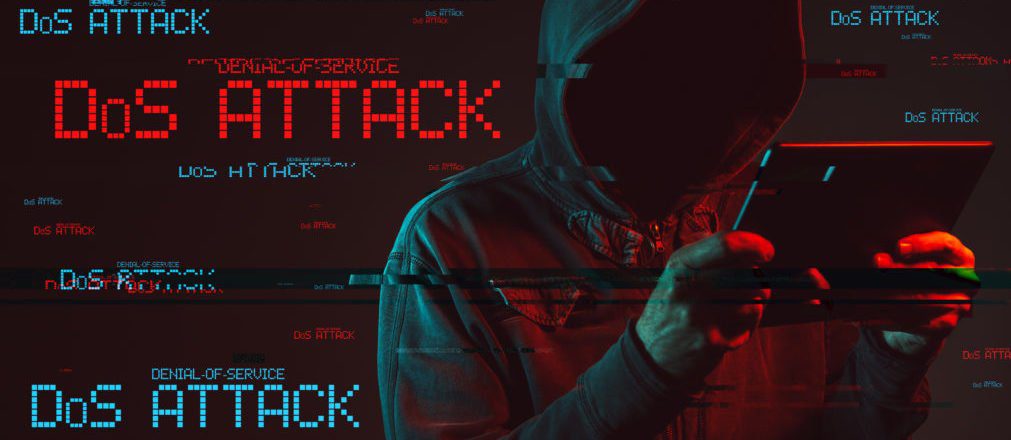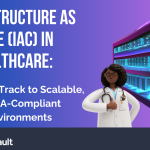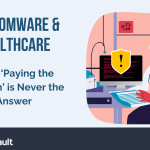
Denial-of-Service (DoS) attacks are an especially common form of cyberattack, intended to overload a target’s system and resources by sending enormous amounts of traffic.
This type of volumetric attack typically utilizes zombie hosts, or computers infected with botnets to flood networks or applications with requests and traffic. The primary hacker’s IP is difficult to track in system logs, which makes it hard to identify IPs accessing the system.
If a web server has been down for many hours, or even days, it may be a result of the web domain’s hosting server having errors or a Denial-of-Service attack.
The vast amount of traffic occurring from a DoS attack can easily bring down a website if the system does not have any appropriate security applications. The target system’s CPU may not be able to handle all the requests, thus slowing down processes or fully shutting down the entire system.
Denial-of-Service attacks are often aimed at systems for the intent of extortion and deliberate harm. The attacker may extort an organization by causing their system to slow down or crash. In order to gain back system control and functionality, the organization would have to send the attacker a form of payment to halt the attack and restore their system’s operations.
DoS and Ransomware attacks continue to increase.
DoS attacks can be prevented by having the necessary security provisions for a network system or application. A managed security service provider like HIPAA Vault can help accommodate any organization’s request for larger system bandwidth or security measurements to ensure system processes remain operational and Denial-of-Service attacks are prevented or mitigated.




